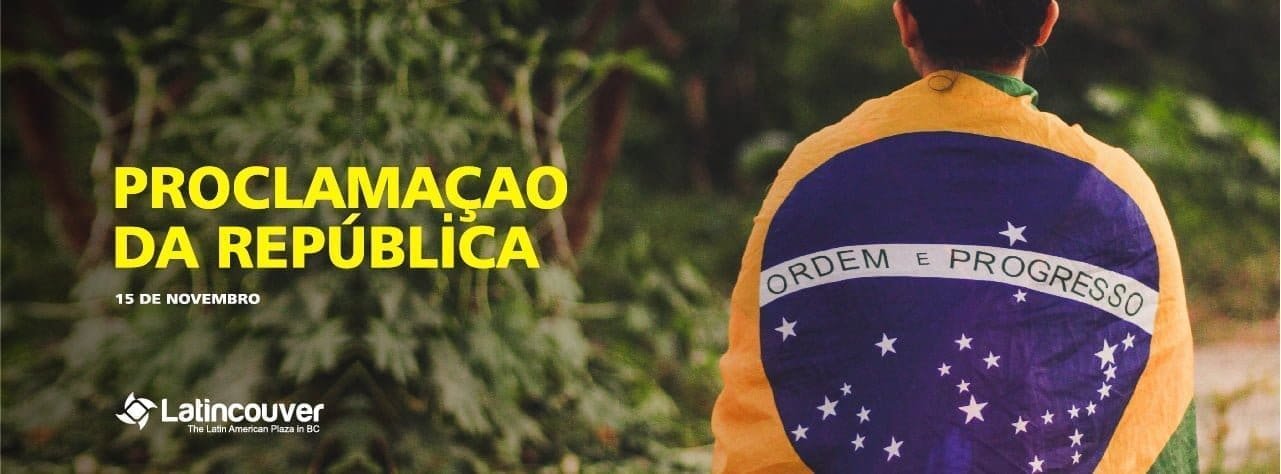
In April 1500, the Portuguese arrived on the Bahian shores of Rio Buranhém, under the direction of Pedro Alvares Cabral.
They saw many indigenous inhabitants upon landing on the beach, these indigenous people greeted them with peace offerings without knowing that this would be the beginning of what today is known as Brazil.
Independence
More than three hundred years later, on September 7th of 1822, the Independence of Brazil was proclaimed by Prince Dom Pedro I in São Paulo. Brazil was paying a lot of taxes to the Crown, (which was the Royal Family), the economic situation was bad and this was impeding the industry from developing.
In 1808, after Napoleon attacked Portugal, the Portuguese royal family fled to Brazil. Dom Pedro I decided that Brazil needed to free itself from Portugal so he signed treaties of commerce and navigation, opening opportunities to do business with other countries. After this, Portugal demanded Dom Pedro I to go back, but he didn’t, instead he stayed and proclaimed its independence.
Proclamation of the Republic
When Dom Pedro I relinquished power, his son D. Pedro II, who was only five years old at that time, took the power and after many years his monarchy was not going well. There was a crisis, lack or little freedom of speech, and the peoples’ rights were being ignored.
All of this had the people very dissatisfied and on November 15th of 1889, Marechal Deodoro da Fonseca and the republicans who supported him decided to lead a military coup that ended the monarchy and permitted Brazil to have its first President in charge.
The Proclamation of the Republic was a great event in the history of Brazil because it made the country improve in political, economic, and social matters.
Rioandlearn.com
Rioandlearn.com/independence
Brazil.org.za
En.wikipedia.org






